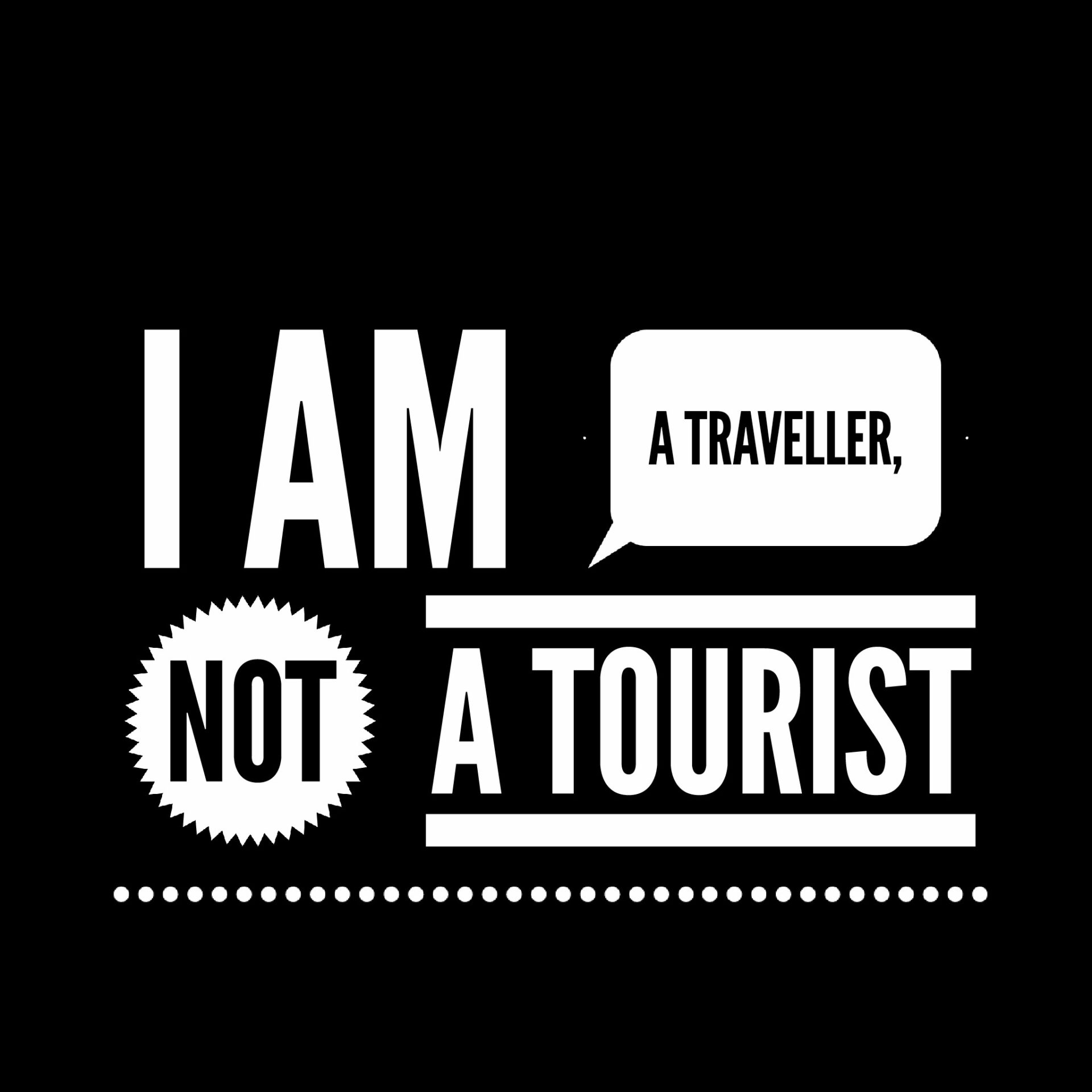Possible Preaching Themes
Possible Scientific Resources
- What is authentic joy (drawing on 1st reading and the Psalm)
- The laying on of hands and the power of touch (referencing the first reading)
- Companioning as a form of discipleship (drawing on the gospel)
- On Joy
- “Stuck in a Rut? Sometimes Joy takes a little Practice,” an accessible article on nurturing positive emotions.
- “This is how Joy affects your body,” an easy introduction to the neuroscience and physiology behind feeling joy.
- A short but useful introduction about distinguishing Joy vs. Happiness.
- The Power of Touch
- “Why Physical Touch matters for your Well-being,” an interview with the head of the Touch Research Institute in Florida.
- Neuroscientists explore “The Science of Touch in Humans,” the first sense to develop in the womb, and key to our well-being.
- 8-minute video by psychologist Dacher Keltner about touch as a fundamental act of compassion.
- Companioning and Friendship
- The scientific article “Companion Animal Ownership and Human Well-Being in a Metropolis,” explores how companion animals not only contribute to the well-being of owners, but also may enhance general social connectedness to others.
- “Social Relationships and Health” provides an overview of research and opinions about the importance of social relationships for human health.
- Research shows that good relationships actually help people live longer, and social isolation provides the same or even more risk of morality than smoking, alcoholic consumption, and obesity.
Homily Outline Combining Resources
A homily outline on divine-human companionship
- Attorney or friend?
- In today’s Gospel, Jesus promises his followers an “advocate,” language which requires some excavating.
- The first English translation of the Bible for Catholics was the Douay-Rheims Bible, which translated this word as “paraclete” – language familiar to some.
- While certainly obscure in English, the paraclete language does bring us close to its Greek root paráklētos, which had a notable legal slant in its ancient usage.
- A paráklētos was an advocate, but largely in the sense of a legal aid, i.e.
- someone who pleads a case before a judge; literally, a legal defense.
- Increasingly in our society it seems that folks need the help of legal defense, as the U.S. is regularly acknowledged as the most litigious society in the world.
- Jesus had his own run-ins with the law, both religious and civic
- Scribes were specialists in the law, whom Jesus regularly confronted,
- in his final days Jesus stood trial before the Jewish judicial body known as the Sanhedrin,
- and Pilate was the provincial governor who ultimately condemned him to death.
- He also seemed to understand that his own followers were going to be similarly persecuted
- While many of his followers probably could have benefited from some legal aid, Jesus seems to be offering a different kind of advocate; one still important to believers today.
- The Power of companioning
- It is well recognized that, like many other species, human beings are social animals who rely on cooperation to survive and thrive.
- The survival aspect of social collaboration has long been recognized.
- More recently, however, researchers are exploring the importance of companionship for our physical and mental well-being.
- The opposite of companionship is isolation, whose destructive effects are so widely accepted that it is often used as a form of punishment or torture.
- Humans require friends and companions if they are to flourish and not simply exist.
- Research demonstrates that quality friends are just as important as diet and exercise.
- Such social connections are linked to lower blood pressure
- Enable us to maintain lower body fat
- and contribute to a reduced risk of diabetes.
- Maybe most shocking is the data that having healthy relationships actually helps us live longer.
- We crave companionship so much that we have even domesticated other species so that they can fulfill this fundamental human need.
- Friendship in Christ
- Jesus was an unusual Rabbi in many respects.
- One was that his disciples were not to be his servants but friends and collaborators in bringing about his vision of God’s reign.
- It is that lens which allows us to understand the enduring gift of Jesus’ spirit promised to us in today’s gospel.
- This passage is placed in Jesus’ long last supper discourse in John,
- which is written in the style of a last will and testament by someone whose life was coming to an end.
- Aware of his impending death, Jesus assures his followers that his friendship will not end with his earthly death.
- Friendship in his Spirit is planted here as a resurrectional seed that will sustain and accompany his followers through every joy and trial.
- Accompaniment as ministry
- The Pentecost story in the book of Acts relates the gift of God’s Spirit as an unmediated, direct act of God.
- Today’s first reading, however, demonstrates that this same Spirit is mediated through the companioning of disciples.
- Furthermore, this gift of the spirit is mediated through a very human but exceedingly important act: through the gift of touch.
- The laying on of hands is not simply some obtuse ritual action, restricted to ordinations, absolutions or exorcisms.
- Rather it is one of the many ways that the church extends a caress to believers
- related to anointings
- blessings
- and even the sign of peace.
- The take-away
- The companionship of Jesus’ Spirit may seem absent to some
- but it is as close as the nearest disciple
- who is willing to reveal the presence in friendship
- and the respectful gift of a gracious human touch as the very caresses of God in Christ.
Related Homily Outlines
Couldn’t find what you’re looking for?
Try searching with another filter

Preaching with Sciences

Edward Foley, Capuchin
Duns Scotus Professor Emeritus of Spirituality
Professor of Liturgy and Music (retired)
Catholic Theological Union
Vice-Postulator, Cause of Blessed Solanus









